Every year, expectations and rumors arrive that Apple will "finally" change the iPhone charging port from its Lightning to USB-C like most major companies. But every year Apple comes with a new iPhone with the same port. So what are the reasons?
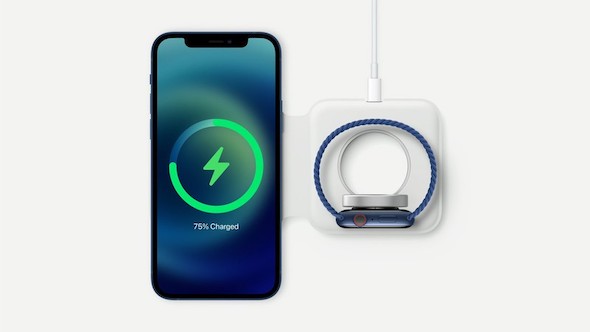
Profit?

This may be the theory many people hold. Maybe you, my friend, would say that profit is the reason. Also, the editor-in-chief of iPhone Islam and a fan favorite, Ben Sami :), thinks so. And you're largely right. Apple licenses all Lightning cables and gets paid for them. This may be part of the reason preventing the transition. But aren't there other reasons?
Apple is a pioneer of USB-C. what happened?
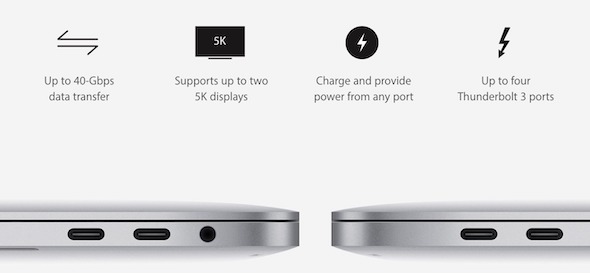
Yes, Apple is one of the companies forming the group that developed the standard USB-C design. Work on it is based on the release of Apple's Lightning Cable. But what happened is that Apple wanted to switch to a new, modern, and usable charger connection in 2012 with the release of the iPhone 5. USB-C was not ready. Rather, even if he was ready, obtaining licenses from the competent authorities would have taken time. So Apple decided to release its own link, Lightning. Indeed, USB-C was not introduced to the market until 2015. Even after its release, the market was flooded with poor-quality wires and accessories, and there was no way to distinguish the good from the bad. Do you think Apple loved this mess?
Why the iPad and not the iPhone?
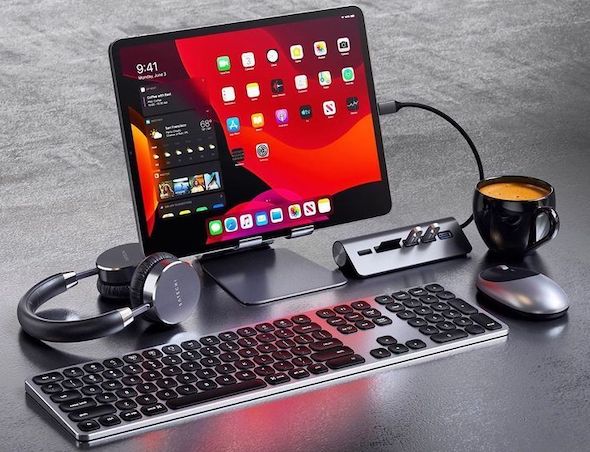
Yeah. The connection of iPad devices has changed to USB-C. Why? Because Apple has been trying for years to market the iPad as a device that can replace the laptop computer for many people. But they couldn't do it without good support for external storage, screens, and accessories that people could use with their computers. And if they are marketing that the user can edit a 4k video on the iPad, then it is clear that they should use a connection that supports fast data transfer, supports the most popular storage devices in the market, cameras, external screens, etc.
But what is the urgency on the iPhone? Do the majority of users transfer files exceeding 100 GB periodically to their iPhone? Do you connect a 5K screen to the iPhone for editing photos and videos or drawing? Yes, you (my friend) Are you doing that? Answer me in the comments if you were kind.
A world philosophy without entries and replacement accessories
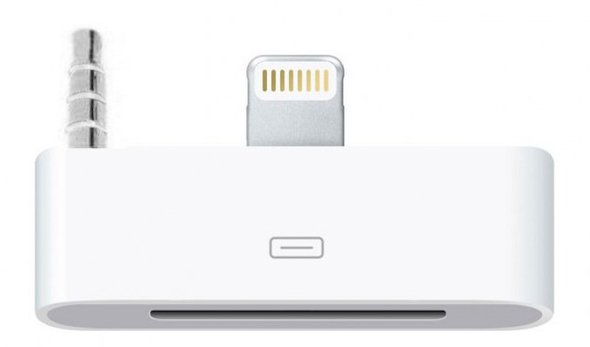
Do you remember the announcement of the iPhone 7 when Apple said it wanted to move to devices without ports altogether? Will it start with the headphone jack? So, Apple's announced plan is to completely remove the entrances from the iPhone. Do you think that with a plan like this (and in the near term, according to reports), you can change the port of the iPhone charger to another faster and better?
not only this. There is even the giant accessories market that exists today. Do you remember when Apple changed from the 30-pin port in the iPhone 4S to Lightning with the iPhone 5? Lightning was faster, smaller, and better in every respect. But the market has turned in protest against Apple's decision. Because old people's accessories will not work with new devices. So imagine what is going to happen today and there is a much larger market of accessories than in the past and many more customers are using them than before. Also, most of these customers are not tech professionals and they don't care what kind of cable they have as long as it charges the device and powers the accessories. So is moving to USB-C worth the hype? Which accessories will be tossed? And the new USB-C accessory market that will start emerging only to be phased out after a few years when the port is completely phased out?
alternative?
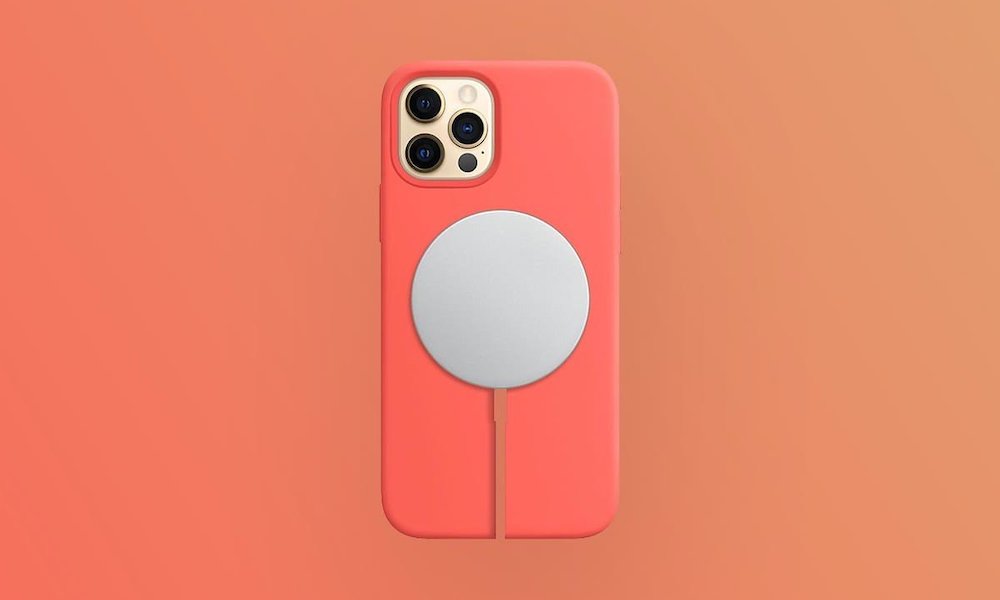
Of course it's not just us. But speculation has spread that Apple intends to support data transfer using the new MagSafe "link". Which is affixed to the back of the iPhone for wireless charging, currently via magnets. Others also expected a smart connection similar to that which the iPad would charge the pen and connect to the smart keyboard through. As for the technical aspects, there are many experts who attest to the validity of the idea, and that wireless technologies have matured enough to do so, according to Tuong Huy Nguyen, a senior analyst at Gartner, a technology research company.
What if Apple switches to USB-C next year?
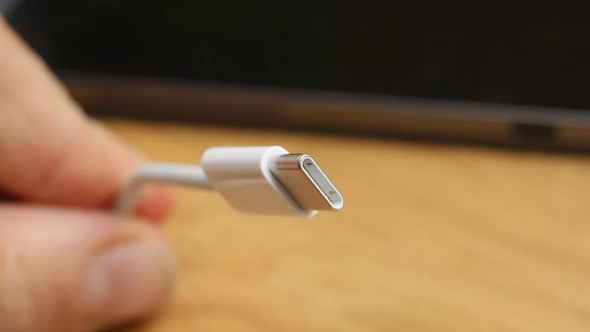
You might even think to say aha! Apple has finally recognized the beauty of USB-C on the iPhone and made the change everyone wanted. Of course, an Apple employee will go up to the stage to tell us about the advantages of moving to USB-C on the iPhone. About charging speed and excellent data transfer, about using the same cable with your Mac, and how this improves the splendor of life in the beautiful world of Apple. Nor is the party complete without technical articles and comments from Android users that their devices have been using this technology for years.
But that is what a representative of any company would expect to do. As for me personally, I expect to convert the iPhone to USB-C if the company fails to develop a way to transfer data via MagSafe well in the coming years.
Of course, Tim Cook will not appear in the Apple Garden to say, "We have failed to develop the technology now, so we will put USB-C until we develop the technology that we want."
Apple's plans put communications technology into account
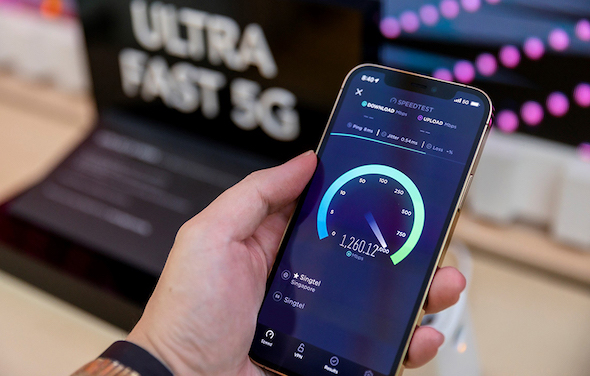
Finally, some may complain about the data transfer speeds. Lightning is slightly faster than USB 2 but much slower than current USB 3 and thunderbolt. Perhaps many of us live in places where we do not have good internet connections. But Apple is not fundamentally developing with the calculation of old communication technologies. Rather, its primary market is in countries such as the United States, the United Kingdom, Europe, the United Arab Emirates, etc. All markets are enjoying high-speed internet connections, whether via Wi-Fi or 5G, which is developing more every day. Apple has joined The Next G Alliance to accelerate its development and also prepare for 6G from now.
The normal customer use for Apple applies as follows: The user owns a non-iPhone device for his main business, which requires giant areas of data transmission over a wire. The user uses the iPhone with one of the cloud storage services such as i-Cloud, Dropbox, Microsoft's Cloud, or Google. And it is currently available at all prices to suit everyone at different prices according to the average income of each country, in the case of Google, for example. This user saves most of his important data on the cloud and gets what he wants from it whenever he wants from any device. And he uses most of his phone space to download apps that increase in size day by day. Or even if he owns a Mac, he can quickly transfer whatever he wants without internet or wires via AirDrop.
finally
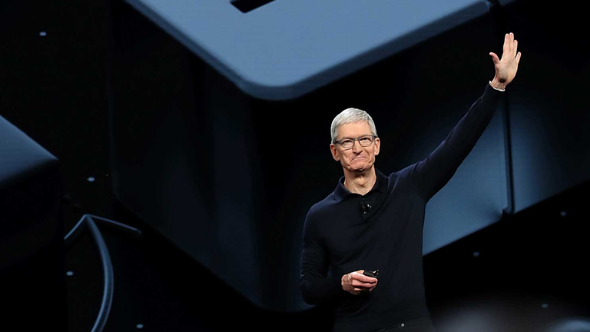
There are many arguments against what I mentioned. Maybe talk about how rowdy such decisions are or how they wronged a particular user. You might know a friend who hates the iPhone because he wants to transfer hundreds of gigabytes over a wire. But here we analyze and do not wish. And Apple is not known to give users all the options. It won't give you an excellent way to transfer data by wire and then wish you could abandon it on your own in favor of wireless technology. But as I did several times before. It will introduce you to the technology you think is the future and Tim Cook will step up to tell you about the benefits of change and what you get in return. The choice is either to use them or not to use their products.
Resources:
techQuickie | C | Net | iMore
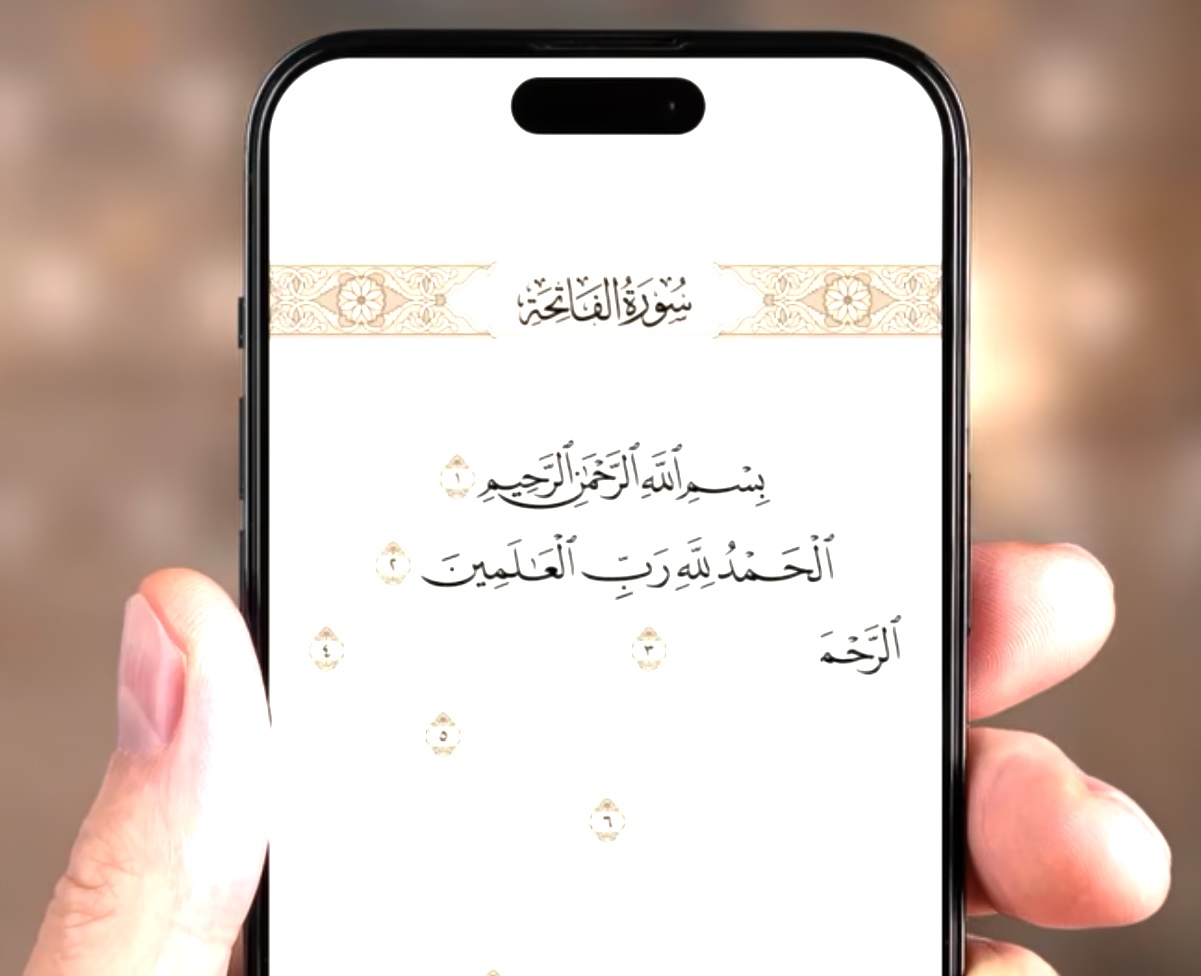

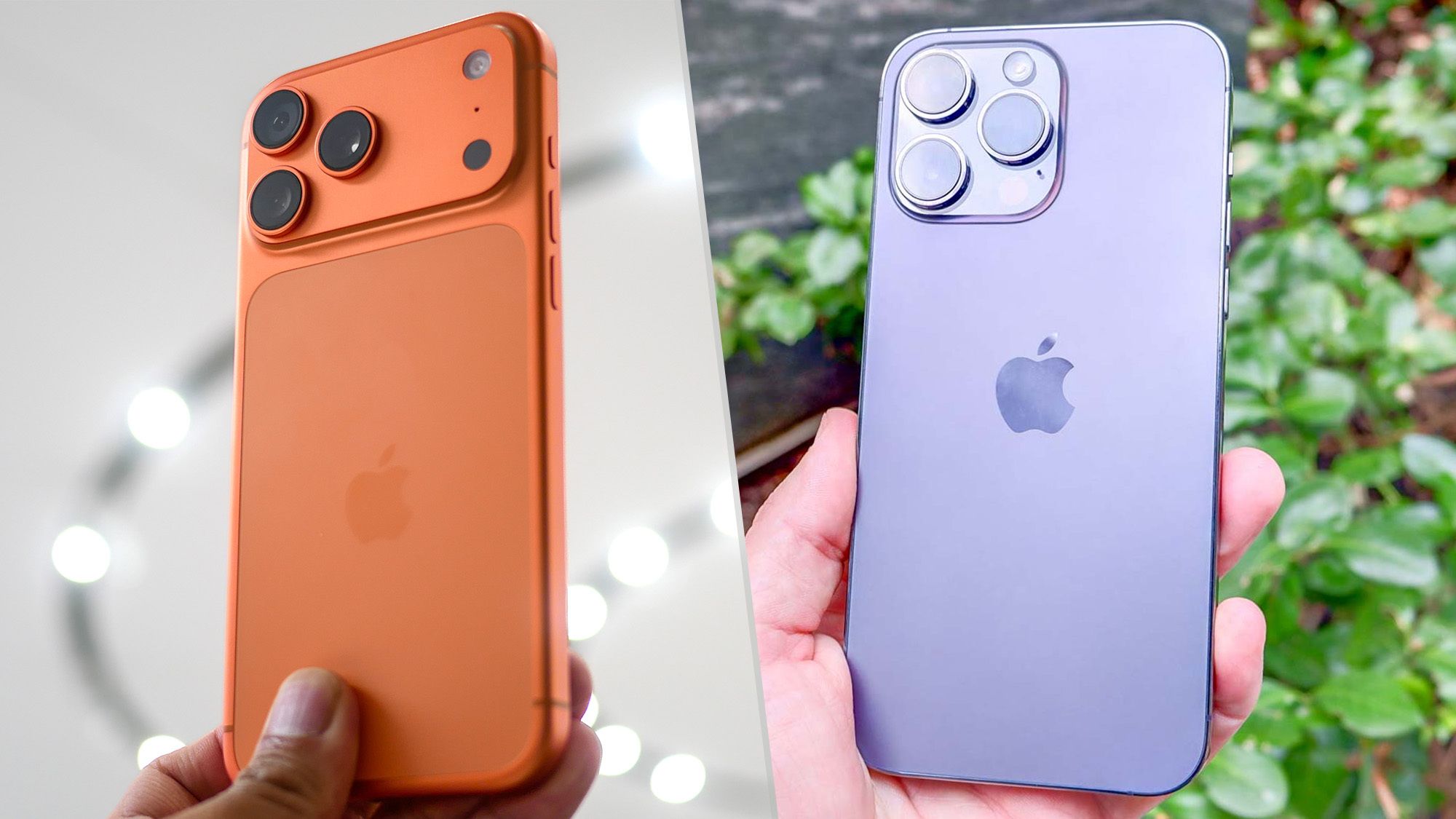
83 comment